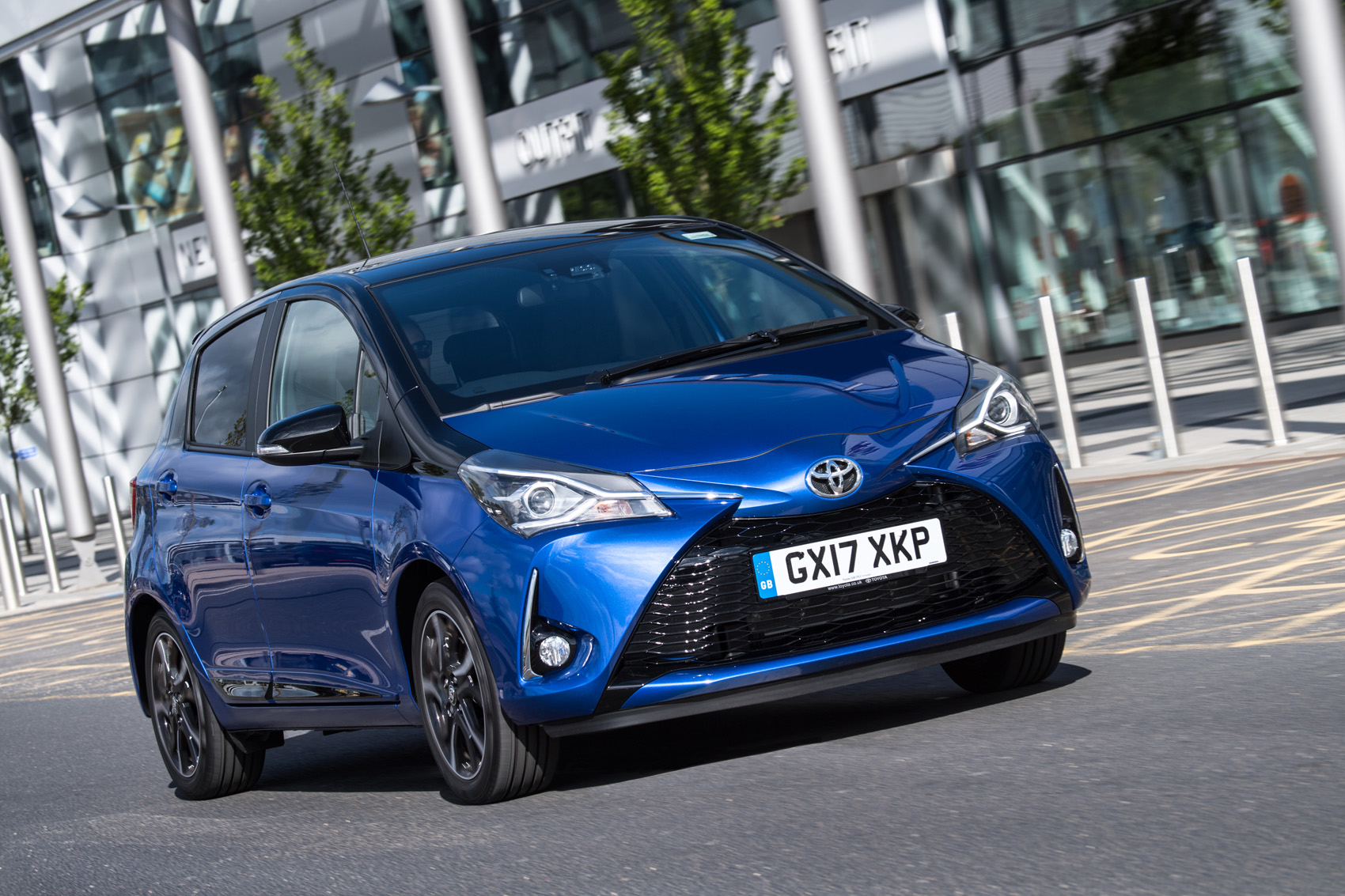Is the Toyota Yaris reliable?
We’re confident that buying a used Toyota Yaris is a sensible decision from a reliability standpoint, with the Japanese brand known for building robots cars of good quality.
In What Car?’s most reliable used cars survey, the Yaris finished seventh overall, and was crowned the winner of the small car class, beating key rivals like the Ford Fiesta and Volkswagen Polo.
Toyota as a brand finished second in a list of 32 brands, an impressive result that will give those contemplating a used Yaris further peace of mind. Parts are readily available, too, should your Yaris run into any problems.
Powertrain: If your battery isn’t harnessing energy, even with the regenerative brakes set to the highest setting, this could be an early sign of high-voltage battery failure.
Watch out for any dips in power output on hybrid models, because this could mean that the inverter is on its last legs.
Later models can suffer from a fuel leak due to injector seals failing.
Diesel-engined cars going into limp-home mode can be a result of a blocked diesel particulate filter (DPF). A DPF clean will sort the issue, but long-distance driving will prevent it from occurring in the first place.
Brakes: A brake warning light or reduced performance could signal that there’s a leak from the calipers or rear brake-pipe connectors.
Pull up sharp a couple of times on the test drive and check for moisture where there shouldn’t be any.
Suspension: If you notice any unusual noises from the suspension, especially when driving on a badly surfaced road or when turning the steering wheel, this could be a sign that the suspension-mount bearings are damaged.
Steering: A short-circuit in the car’s power steering module affected some 2012 models. If the steering becomes heavy when you’re turning, that could be the reason.
Clutch: Because it’s a popular car among new drivers, the clutch may have taken a beating. Beware a high biting point or any burning smells on a test drive.
Body: Early cars are susceptible to rust, with the front crash bar, battery chain and engine mounts all prone to corrosion.
Rust can also affect the area around the rear wiper jet where the wire feeds through to the boot. Water can also leak through the rubber seal that holds the wire for the jet in place.
An owner’s view
Chris Russell: “I previously ran a Mk1 Yaris but needed a bit more space and modern technology so opted for a Mk3, as it was cheaper to insure than cars of a similar size.
“Mine’s a 1.5-litre petrol and it will easily do 50mpg. So long as you have it regularly serviced, a Yaris should service you well.
“The only major issue I’ve had was a broken clutch, which cost £1500 to mend at a main dealer. Since then, I’ve had no problems with it, and my Yaris has now covered 163,000 miles.”
Also worth knowing
The Yaris got the hot-hatch treatment in 2018 with the arrival of the feisty GRMN, which packs a supercharged 1.8-litre engine with 215bhp and a Nürburgring-honed suspension package.
It is charismatic and quick, but it lacks a bit of handling finesse and was pretty pricey compared with rivals when new. They’re pretty rare nowadays, too, which is why you will need around £17,000 for one.
The Mk3 Yaris was awarded a five-star Euro NCAP safety rating in both 2011 and 2017, scoring highly for adult and child occupancy protection.
The pre-facelifted Yaris Hybrid accounted for 40% of all of the Toyota supermini’s European sales.

